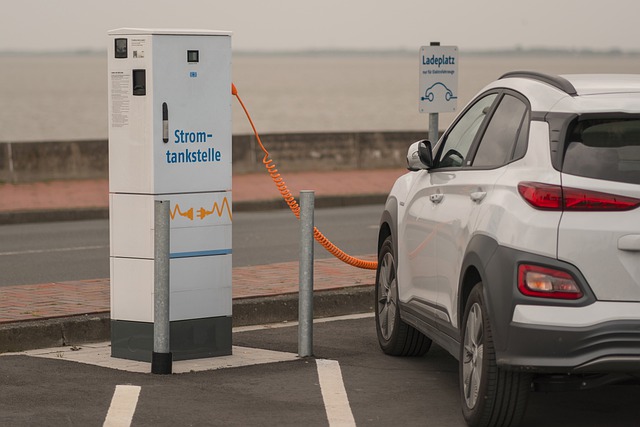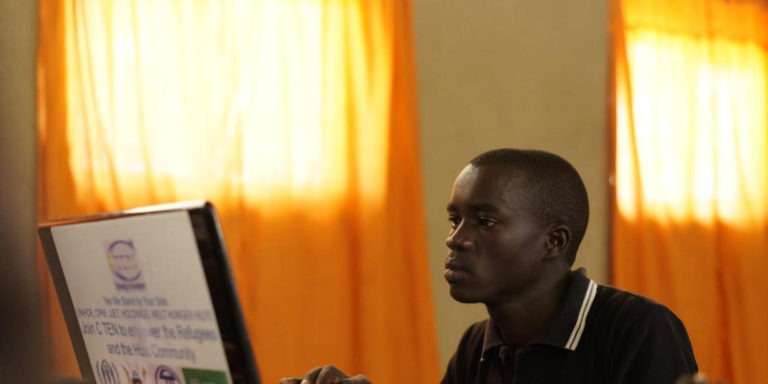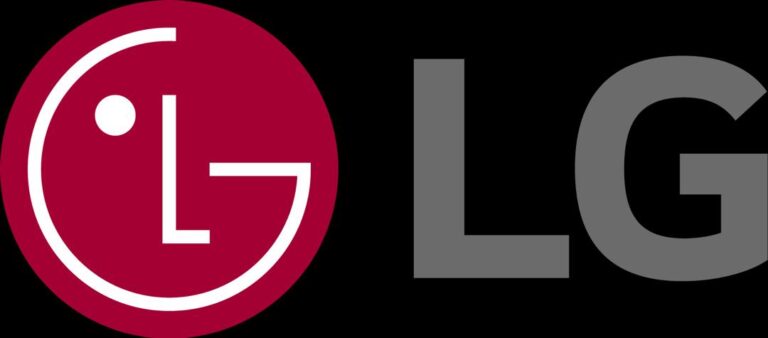Africa’s most innovative countries in 2024

The World Intellectual Property Organization (WIPO) has released its 2024 edition of the Global Innovative Index, which provides an overview of the situation of innovation in 133 nations worldwide. The main conclusions show both advancements and difficulties at key phases of the innovation cycle.
In order to find and discover measurements and techniques that may fully represent the degree of innovation in areas, the global Innovative Index was introduced in 2007 as a developmental metric.
Investment in science and innovation, technological advancement, technology adoption, and the socioeconomic effects of innovation are all included in the innovative cycles.
The degree of innovation in each economy was evaluated using additional indicators, such as Institutions, Human Capital and Research, Infrastructure, Market Sophistication, Business Sophistication, Knowledge & Technology Outputs, and Creative Outputs.
Key Findings
After a sharp increase from 2020 to 2022, investments in science and innovation saw a sharp fall in 2023.
Adoption of technology increased quickly, and innovation’s socioeconomic effects are expected to improve. Nonetheless, there were signs that green technology was developing slowly.
Although the numbers were below average for the previous ten years, worker productivity increased.
According to the research, the number of persons living in extreme poverty decreased by half in 2022 compared to 2005.
The performance of African nations
The nations were divided into four groups based on their income: high, upper middle, lower middle, and low.
Burundi, Rwanda, and Madagascar were ranked as the top three low-income nations in the world and were deemed to be functioning better than expected given their level of development.
Togo, Uganda, Mozambique, Burkina Faso, Ethiopia, Mali, and Niger are among the other nations in this group.
The upper middle-income category included South Africa, Namibia, Botswana, and Mauritius, while the lower middle-income group included Tunisia, Kenya, Ghana, Côte d’Ivoire, Algeria, Benin, Cameroon, Angola, Nigeria, Zambia, Zimbabwe, and Tanzania.
Nigeria came in 12th place in Africa and 113th overall with a score of 17.1. The nation rated lowest in infrastructure (127th), institutions (125th), market sophistication, and knowledge and technology outputs (121st), but it placed highest in human capital and research (78th), creative outputs (87th), and business sophistication (107th).
The top 10 African countries and their corresponding global ranking are highlighted below;
| Rank | Global Rank | Country | Score |
|---|---|---|---|
| 1 | 55 | Mauritius | 30.6 |
| 2 | 69 | South Africa | 28.3 |
| 3 | 87 | Botswana | 23.1 |
| 4 | 90 | Cabo Verde | 22.3 |
| 5 | 92 | Senegal | 22 |
| 6 | 96 | Kenya | 21 |
| 7 | 101 | Ghana | 20 |
| 8 | 102 | Namibia | 20 |
| 9 | 104 | Rwanda | 19.7 |
| 10 | 110 | Madagascar | 17.9 |
Experts claim that the innovation index and economic growth are positively correlated.
For African countries to grow economically and improve their innovation index, there is need to constantly monitor and improve funding for research and development, imparting entrepreneurial research attitudes in academics, and providing an enabling environment for business enterprises.







